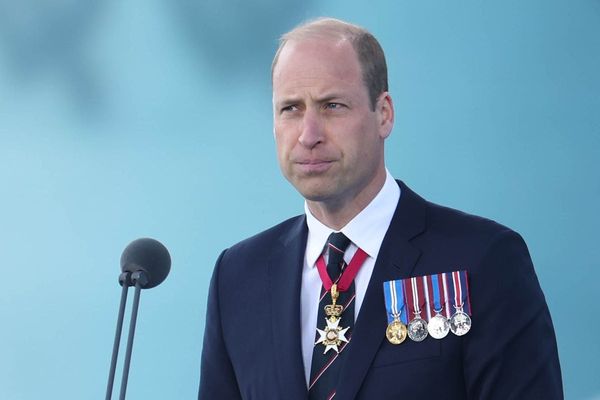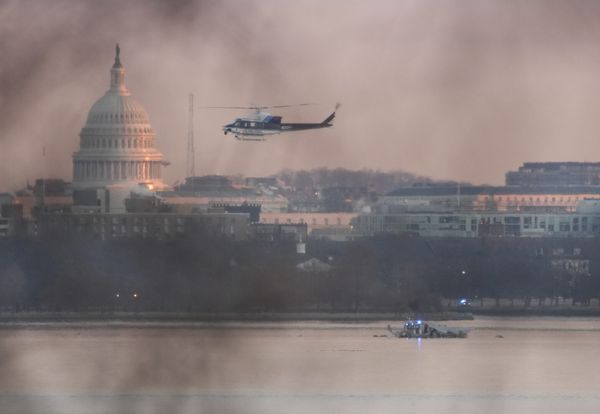Brian Smith saw the takedown coming, but few listened.
Mizzou's wrestling coach didn't predict a pandemic was going to threaten the college sports world as we know it, but he did preach to his peers the danger of college wrestling programs being so reliant on the cash generated by their school's football team.
No, he's not taking a victory lap now.
"I just think the unfortunate thing is how the budgets are run," Smith told Post-Dispatch Mizzou beat writer Dave Matter. "I don't think most schools are putting money away in reserves for a rainy day. It's kind of like people with their bank accounts. People are living beyond their means and it's gotten out of control."
The rest of us can see it more clearly now.
You keep hearing about the financial ruin that forever will alter the college sports landscape if the coronavirus pandemic undercuts the college football season after it already caused the NCAA men's basketball tournament to be canceled.
Certain nonrevenue sports have been slashed across the country, with more shuttered teams coming if plans to have as normal of a fall football schedule as possible collapse. Furloughs are snaking their way through athletics departments big and small. Some popular coaches have volunteered to take temporary pay cuts.
"I think what it says is the magnitude that media revenue has on these sports," said Patrick Rishe, director of the sports business program at Washington University. "In college football in particular and to a lesser degree college basketball, the rights fees for these two particular assets have grown so significantly over time that athletic departments simply rely on it to finance most of their operation. That's just the bottom line."
Rishe believes college football will find some way to hold its season, whether it means powering through (and crossing fingers) for the original schedule, pushing games back and/or playing with a limited number of fans, or none at all, in stadiums.
While that determination is appealing to fans who want to watch their teams, their hope is nothing compared to the administrators, coaches and athletes who know their fate is tied directly to how things play out this fall. Rishe has estimated the 65 Power 5 schools collectively could lose more than $4 billion if the college football season is lost entirely. Gulp.
While there is no debate that your favorite Power 5 program benefits big time from the TV dollars, a question worth examining has emerged. It's a big-picture version of the one Smith, the MU wrestling coach, asked for years. How, and why, did the college sports world put itself in such a precarious position?
The NCAA's Financial Database helps us track its member institution's collective revenue and expenses over the years. It shows us that the median generated revenue produced by Power 5 programs has grown from a little over $60 million in 2009, to more than $106 million in 2018. It also shows expenses climbing in lockstep, so much so that Power 5 expenses exceeded total generated revenues by $2.6 million in 2018.
"Think of all the other sports these athletic programs have to finance," Rishe said. "If football and to a lesser extent men's basketball are the only sports generating revenue, and you still have to pay for the men's and women's soccer teams, the baseball team and softball teams, now you can see where that money is going. Now, obviously part of it, too, is that there are some administrative costs. Especially when you are paying multi-million dollar salaries _ and buyouts _ for your higher-profile people. We also don't know just how genuine some of the reporting is as it relates to, are these programs as truly crunched budget-wise as they say they are?"
The crunch could be very real very soon, but the worst-kept secret in big-time college sports is that it was not very real before the pandemic.
Scholarships, room and board and cost of living cost a lot, and they are provided to athletes outside of football and men's basketball. You need coaches and administrators and tutors and people in other roles that rarely receive much attention. But even a generous observer can't help but wonder about how some restrictions on the ludicrous spending that has gone on for years could have helped soften this pandemic's punch.
Coaches crisscross the country on private planes for recruiting trips. Football teams sleep in hotels before home games, and have for years. Former coaches are paid millions of dollars to not coach, the recipients of buyouts that would look bananas in any other profession. Their replacements are found using overcompensated search firms that get paid even if the person hired winds up being an alum who desperately wanted the job all along. Business has been so good for such a long time, spending like there is no tomorrow became the thing to do _ especially when it could soften the focus on the dollars pouring in.
The Washington Post published a fascinating story last month after it became known that the NCAA's insurance coverage for its canceled March Madness covered just $270 million for an event that generates more than $800 million annually.
Former NCAA employees told the newspaper that the organization was better prepared for a canceled men's basketball tournament years ago, before a doomsday savings account of nearly $500 million was drained of more than $400 million for various reasons approved by NCAA officials and athletics department leaders, at least one of which was the rising fear that visible reserves made the NCAA a bigger target in the growing conversation that says student athletes deserve a bigger cut of the financial pie.
Some of that money was handed out to Division I athletic departments in 2016 in the form of a $200 million one-time distribution for programs benefiting college athletics.
How many put it in their rain-day fund?







